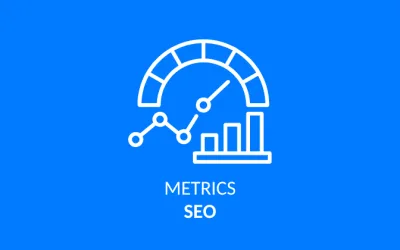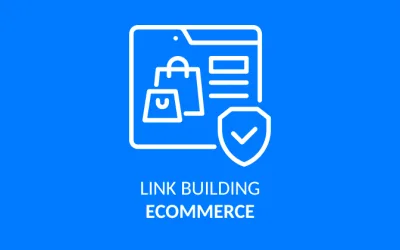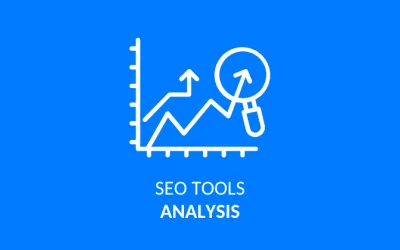How to sell backlinks like a pro
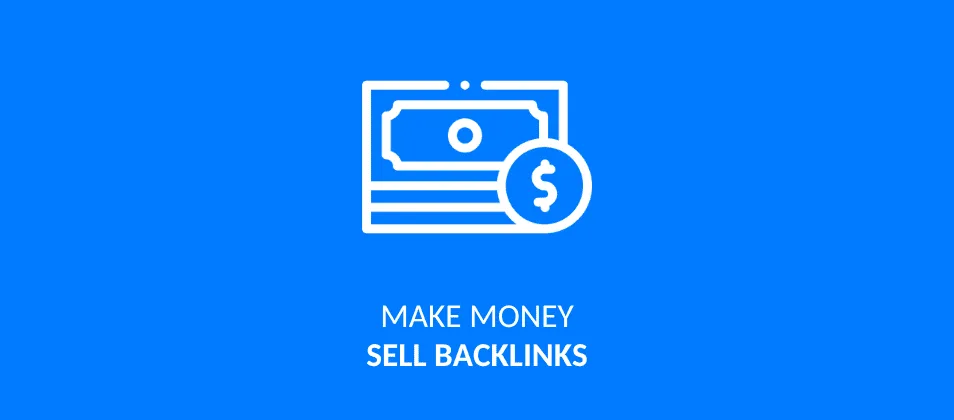
Not sure how much to charge for a sponsored post? Are you looking for a platform that allows you to start earning money with your blog or website? Although it may not seem like it at first glance, there are many ways to monetise your website beyond the usual advertising. Selling sponsored posts is one of the best, as it allows you to monetise your site quickly.
However, if you’re just starting out in the world of sponsored posts, you probably don’t even know where to begin. Questions such as how much to charge for a sponsored post, or which platforms to use to sell them, can prevent you from taking the leap into this great source of monetisation.
That’s why, in this post we will show you how much to charge for a sponsored post and how you can, from now on, monetize your media through Linkatomic.
Are you ready to start making money with your website? Here we go!
What is selling sponsored posts?
To understand what selling sponsored posts is all about, we need to be clear about what a sponsored post is.
A sponsored post is a publication paid for by another website or business, which wants to leverage the visibility and SEO authority of a particular page to strengthen its own.
In this case, the person who wants the sponsored post pays the website owner for their post, and for the links they include in it to their site.
In other words, selling sponsored posts is about getting customers who want to invest in sponsored articles and offering the ones you can publish on your own website for a specific price.
But why would anyone be interested in buying sponsored posts?
Generally, sponsored posts are bought for four main reasons:
- To give visibility to a website.
- When seeking to strengthen the authority of a site.
- To improve the Off Page SEO of a website.
- As an alternative source of traffic.
Basically, a sponsored post is an opportunity for a site to take advantage, in a timely manner, of all the visibility, traffic and domain authority of another site with sufficient relevance and strength in its sector. Having this advantage can be more important than it seems at first glance, and there are sectors so competitive that you will not be able to position or stand out without some kind of support.
Articles of this type also significantly boost a website’s branding, especially if invested in consistently, as it gives the brand or business name mentioned in the posts a greater digital presence. None of this is small potatoes once the strategy scales and expands.
That is why this is one of the most widely used techniques on the internet; meaning that if you have a website that could offer sponsored posts, you will never be short of customers willing to pay to get articles with mentions on it.
Now, assuming you have a website, how can you start selling your sponsored articles? And, most importantly, what would you need to be able to do it? We’re sure you’ll want to know the answers to these questions, so let’s take a closer look.
What do you need to sell sponsored posts?
Before you can ask yourself how much to charge for a sponsored post, it’s important to understand what your site should have in order to make money by offering such a service. Here are some of the main factors to consider:
1. Domain authority
If you want to sell sponsored posts you will need to work on building up your website’s domain authority. Most advertisers buy sponsored posts to strengthen their own domain authority, so if you don’t have a strong enough domain authority you are unlikely to be chosen.
2. Organic traffic
Although it is not essential that your website has a lot of traffic, it is advisable that it channels a certain amount of traffic. Remember that beyond the authority and factors related to Off Page SEO, advertisers seek to give visibility to their own website, and for that you need traffic.
3. Age
A very recent website does not project much confidence. Generally, advertisers will look for more established projects that have been on the internet for a long time and do not look like they are going to disappear in the near future.
4. Referrer domains
A website with many backlinks and referring domains is usually much stronger when it comes to SEO and Google. Before you can sell your sponsored posts, it is important that your website gets a lot of domains pointing to it. After all, what websites are looking for with sponsored posts is precisely to strengthen their SEO strategy, as well as their traffic and visibility.
5. Quality content
As with everything on the internet, without quality content your website is unlikely to be successful. When it comes to sponsored articles this is crucial. If all your site does is publish posts to sponsor other sites, Google may start to see it as a simple link farm. Eventually, it might even penalise you. So if you want to monetise your site by selling sponsored posts, you’ll want to create quality content on a regular basis. So that your website produces more than just paid content.
How much to charge for a sponsored post?
The rates for selling a sponsored post vary a lot, as it depends on many factors. A modest website cannot charge the same for a sponsored post as a giant site with millions of backlinks and lots of traffic.
So what factors should you consider when pricing your sponsored post? There are six major elements to consider:
1. The average market price
To find out how much to charge for a sponsored post, the first thing you should do is analyse the average rates for this type of order. Evaluate what websites with the size and strength of yours charge, and then you will have a clear idea of how much you could start charging.
2. Requirements of the sponsored post
It is not the same to publish a sponsored post that will be written by the company that orders it, as it is to write it yourself. You will have to take into account the type of work involved in placing the order, each client will have their own requirements, such as that you do the layout of the content or that you distribute it on your social networks. All of which will increase the cost of your sponsored post.
3. The time it will take you to place the order
It is often said that time is the most valuable resource we have, and this makes perfect sense. The time you spend with your customers has a value, and if you decide to invest it in creating sponsored posts for someone else, that value has to be enough to make sense.
For example, if spending 3 hours to make a post for your own site already makes you more money than making a sponsored post, then you have to raise the price of your sponsored articles.
4. Portfolio of clients
If your site has a considerable portfolio of sponsored posts, you can charge a lot more for them, as a large portfolio usually demonstrates your experience with sponsored posts and the quality of your work.
5. Type of order and type of audience
Audiences and orders vary a lot from sector to sector, in very competitive topics, and as far as large companies are concerned, sponsored posts are usually quite expensive. On the other hand, when it comes to personal websites, and niche sectors, the price is considerably reduced.
When asking yourself how much to charge for a sponsored post, consider the target audience that will buy it from you, what they can afford to spend, and the type of requirements they have.
6. Affordability
While it is important that you get a fair rate, you also need to strike a balance with your pricing to ensure that it is affordable. While it all depends on the market you are in, and the type of website you have, it is essential that you try to keep the prices of your sponsored posts affordable for your potential customers.
Once you have considered these factors, you will have a clear idea of how much you can charge for sponsored posts. But where could you start selling them?
Where can you sell sponsored posts?
Although there are numerous platforms to sell your sponsored posts, there is no better one than Linkatomic. The registration process is extremely simple, and once you have completed it, you will be able to put your website in contact with hundreds of potential customers, ready to buy sponsored posts from you.
Here’s what you need to do to sign up to monetize your website with Linkatomic:
- Register as a publisher.
- Register your website or online media.
- Set the price of your article (keep in mind that the more affordable the rate, the more likely you are to get customers right away).
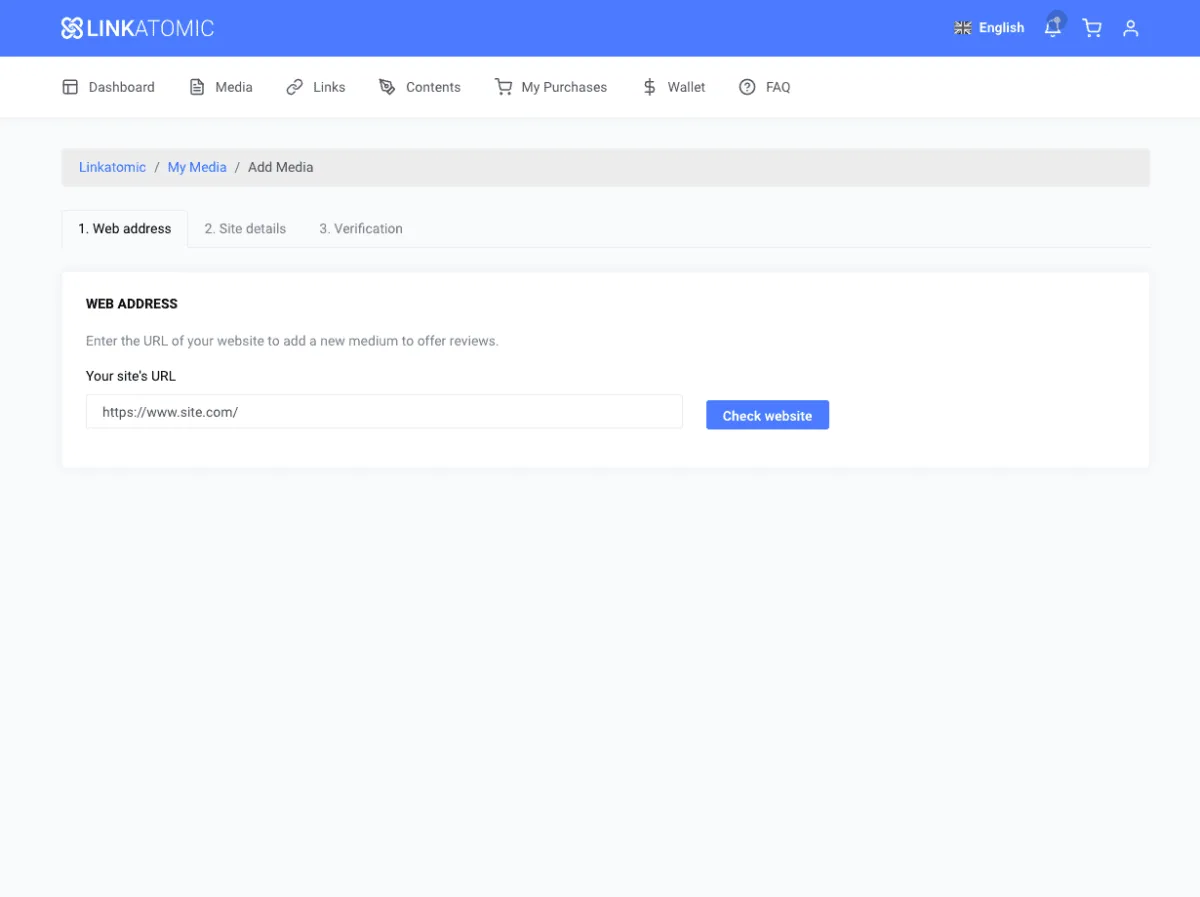
With that your site will be registered and ready to monetise immediately. Then, when the orders start coming in, you will need to follow these steps:
- Once a customer places an order, we will send you an email with the information, so you can decide whether to accept it or not.
- If you accept, we send the details of the order to our editorial team, who will create it according to the customer’s specifications. This is a great advantage, as you don’t have to spend time or attention on writing it.
- As soon as the order is ready, we will send you the article so that you can publish it on your website.
- When you publish the post and indicate the URL of the post, you will be able to charge the fee you set for it. The money will go to your wallet on the platform, and you can withdraw it as soon as you reach €20.
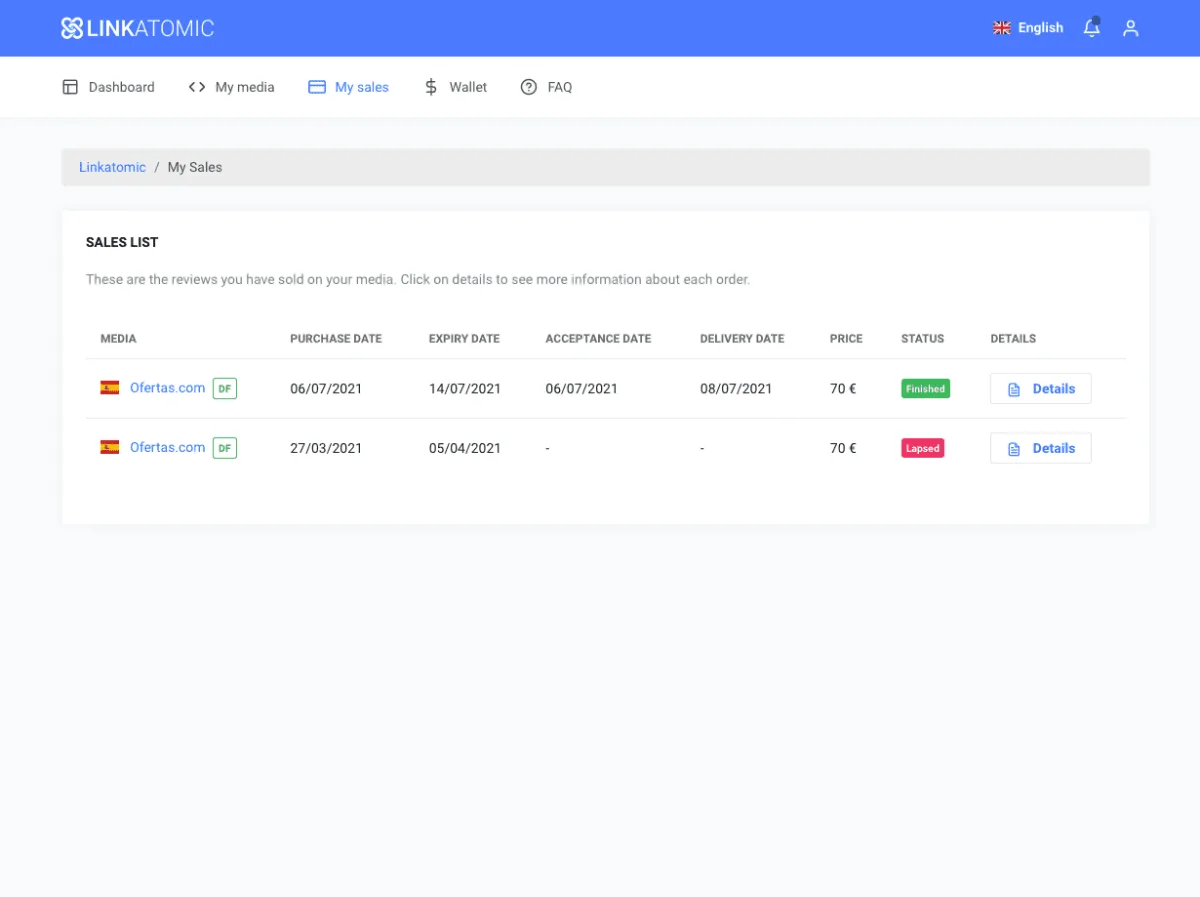
The whole process couldn’t be simpler and more intuitive, and it doesn’t even require you to spend time producing the content, as Linkatomic has its own editorial team.
That’s why, although there are platforms dedicated to this, your best option is Linkatomic. Not only does it help you monetise your website with sponsored posts, but it also creates the sponsored posts for you. In short, Linkatomic makes this monetisation model so fluid that it is almost like earning money passively with your website.
Do you need help with your SEO and branded content strategy?
In Linkatomic we offer you 30.000 newspapers and blogs to improve your visibility on the internet.
